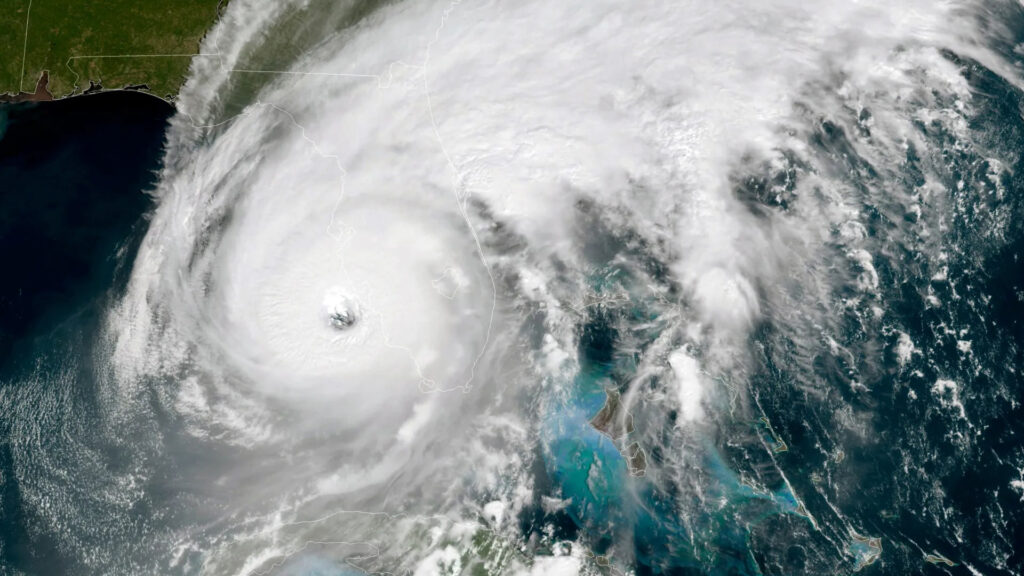A roundup of news items related to climate change and other environmental issues in Florida:
AccuWeather sounding ‘alarm bells’ for supercharged 2024 Atlantic hurricane season | USA Today Network – Florida

Months before the official start of the 2024 Atlantic hurricane season the news is not good.
And that’s even before the National Hurricane Center, AccuWeather and Colorado State University have issued their first, early predictions for what the season will hold.
The reasons are two-fold: the return of La Niña and record high ocean temperatures. Neither are good news when it comes to hurricanes and especially not when they work together.
Could Florida electric bills go up because of a fuel made from manure? | Tampa Bay Times
A bill advancing through the Florida Legislature that would entice utility companies to invest in “renewable natural gas” could cost Florida residents if signed into law, according to energy watchdog groups.
“Renewable natural gas” is made from a complex process that converts the climate-warming gas emitted by animal manure at large farms, for example, into a substance similar to the natural gas that is drilled from the earth. Proponents say it could help Florida become less reliant on natural gas shipped in from elsewhere, possibly giving utility customers more stable energy prices.
Most electricity in Florida is generated by power plants burning natural gas to produce energy.
This tiny butterfly was thought to be gone in Florida. Gardeners and naturalists brought it back | WUSF
Craig Huegel smiled like a proud father as he gazed at a little black Atala butterfly, no bigger than a moth, clambering on a daisy-like wildflower called a Spanish needle, and sucking nectar from its golden center.
“They are so gorgeous,” said Huegel, director of the Botanical Garden at the University of South Florida.
Once thought to be gone forever from Florida, the story of the Atala butterfly (Eumaeus atala), is one Huegel has been involved with for years. He’s written many books about gardening for wildlife, and how to use native plants that coax birds and butterflies to one’s yard.
If you have any news items of note that you think we should include in our next roundup, please email The Invading Sea Editor Nathan Crabbe at ncrabbe@fau.edu. Sign up for The Invading Sea newsletter by visiting here.



